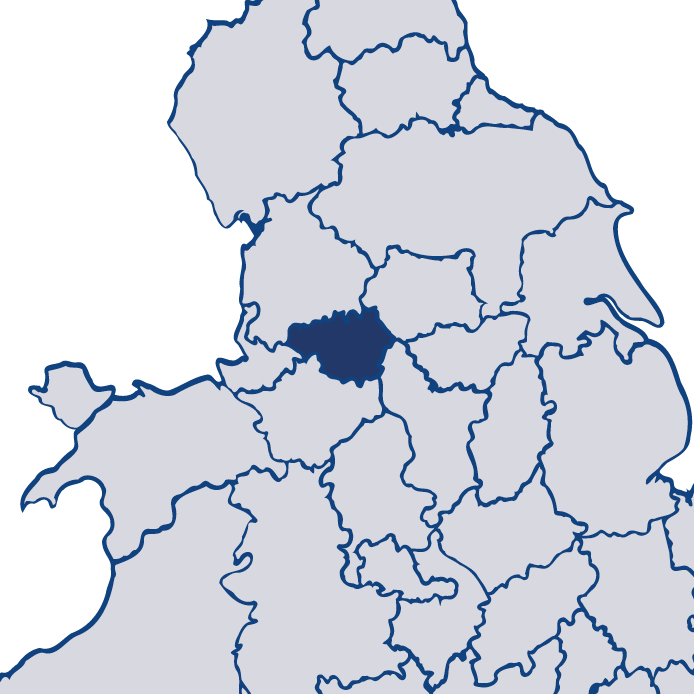Greater Manchester 2018/19
Read more about Greater ManchesterThis is HMICFRS’s fifth PEEL (police effectiveness, efficiency and legitimacy) assessment of Greater Manchester Police. PEEL is designed to give you information about how your local police force is performing in several important areas, in a way that is comparable both across England and Wales, and year on year.
Greater Manchester Police was inspected in tranche one and we found:
the extent to which the force is effective at reducing crime and keeping people safe requires improvement.
the extent to which the force operates efficiently and sustainably requires improvement.
the extent to which the force treats the public and its workforce legitimately is good.
Download the full report
PEEL: Police effectiveness, efficiency and legitimacy 2018/19 – Greater Manchester Police
HMI's observations
I am satisfied with some of Greater Manchester Police’s performance. But in some areas the force needs to make improvements.
The force needs to improve how it prevents crime and anti-social behaviour. It needs to assure itself it has the capability and capacity to provide a consistent, effective neighbourhood policing service.
The force is very good at dealing with serious and organised crime. But it needs to improve the quality and supervision of investigations into less serious crime. Following our last inspection, I was concerned that the force was inconsistent in how it responded to vulnerable people. I am disappointed that it hasn’t fully addressed this. I remain concerned that the force may not be adequately protecting people at risk.
The force needs to improve how it understands current and future demand. This should help it develop clear plans to make sure it uses its resources effectively.
I am reassured that the force continues to uphold an ethical culture and promote standards of professional behaviour well.
My overall assessment is that Greater Manchester Police’s performance has declined since our last inspection.
Effectiveness
How effectively does the force reduce crime and keep people safe?
Efficiency
How efficiently does the force operate and how sustainable are its services to the public?
Legitimacy
How legitimately does the force treat the public and its workforce?
Other inspections
How well has the force performed in our other inspections?
In addition to the three core PEEL pillars, HMICFRS carries out inspections of a wide range of policing activity throughout the year. Some of these are conducted alongside the PEEL inspections; others are joint inspections.
Findings from these inspections are published separately to the main PEEL reports, but are taken into account when producing the rounded assessment of each force's performance.






